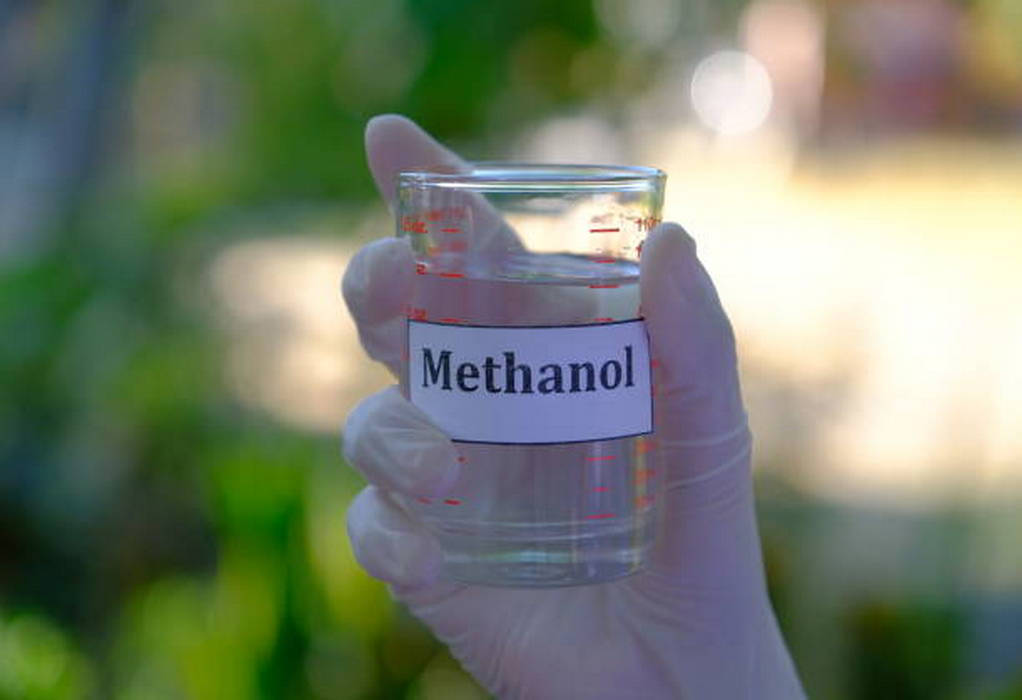The Methanol Institute and Aramco announce their joint report, showcasing the decarbonization potential of low-carbon e-fuels in China’s road transport sector and supported by member companies including Geely Holding Group and OCI Global.
This 3E (environment, economy and efficiency) study makes the case for e-fuels (e-hydrogen, e-methanol and e-gasoline via methanol to gasoline (MTG) technology) to accelerate the transition for China’s road transport sector. The authors demonstrate that e-fuels applications in advanced powertrains such as hydrogen fuel cell electric vehicles, M100 and gasoline hybrid vehicles) could achieve lifecycle GHG emissions as low as battery electric vehicles fully charged with renewable electricity.
Another study recently released by the Methanol Institute, found that global renewable methanol capacity could reach 19.7 MMTs by 2029, with more than half of the announced capacity targeting e-methanol production. China is taking a leading role hosting two thirds of near-term global renewable methanol production.
While the current production cost of e-fuels are approximately 2-3 times more than that of their fossil-based counterparts, China envisions overcoming this barrier – namely, scale and cost competitiveness by leveraging its abundant renewable resources, advanced manufacturing capabilities, and its mature energy and chemical value chains. Anticipated advancements suggest a potential halving of e-fuels production costs by 2030 – making the cost of e-methanol, for example, only 30% higher than China’s coal-based methanol. The confluence of electrified powertrains and e-fuels positions China on an accelerated trajectory toward sustainable, low-carbon mobility.
Tags: Aramco, Decarbonisation, Methanol Institute, OCI Global



Recent Posts
Blue Marlin Becomes First Inland Cargo Vessel with Solar-Assisted Propulsion
ABB and Royal Caribbean Partner on 15-Year Deal to Drive Vessel Efficiency and Decarbonization
IET Establishes Centres of Excellence for Green Hydrogen and Electric Vehicle Research
SECI Cancels Green Hydrogen Hub Tender, Pauses Momentum on Flagship Mission
India Pushes Green Shipping and Sustainable Waterways in Northeast with ₹5,000 Crore Investment
Himachal Pradesh Plans Major Boost to Public Transport with E-Buses and Digital Upgrades
Ammonia-Fueled Container Feeder Design Marks Progress in Maritime Decarbonisation
ABS Develops Industry-Leading EV Battery Fire Simulation Modeling